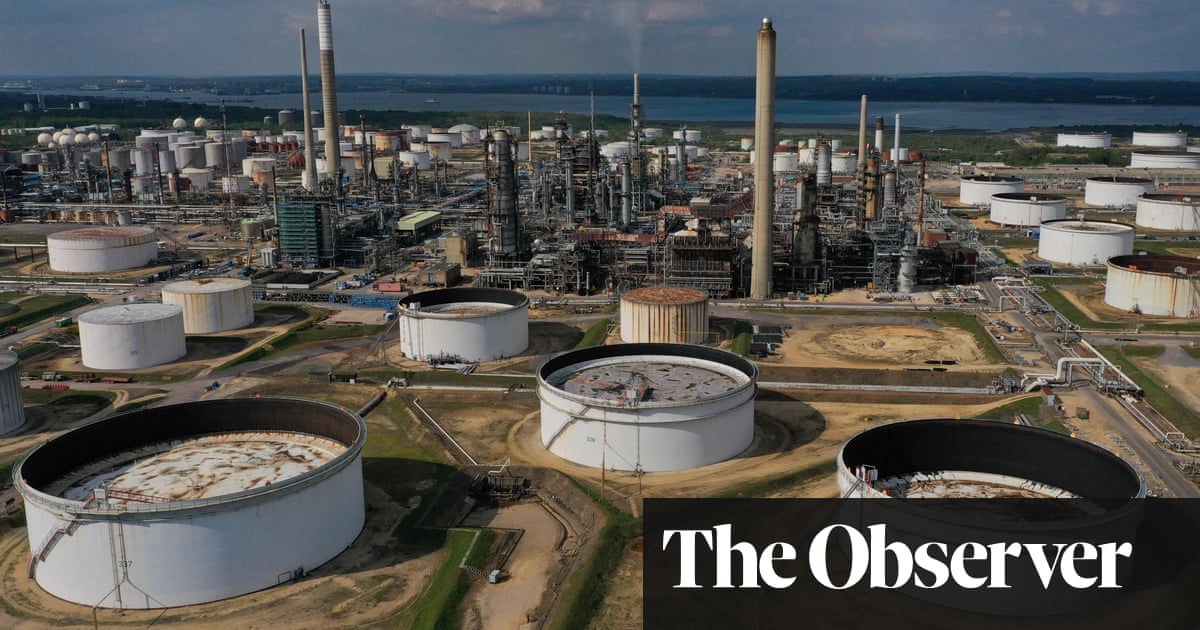
For as long as the United Kingdom needs to use oil and gas, we should be making an effort to capture any resulting CO2 and store it. That clearly makes sense. It also makes sense to produce our own oil and gas, so we are less beholden to exporters (though of course ours, too, would be sold on the international markets).
So far, so good for Rishi Sunak’s twofold announcement today in Scotland. But it would be helpful if he did not muddy these waters by using them to score political points against Labour in the run-up to an election campaign. What we desperately need now, as we confront the climate crisis, is agreement on a way forward. Bringing party politics into it will only hinder progress.
Of course, critics are right to say that where we buy our energy should not deflect attention from the urgent need to reduce demand for fossil fuels. But that issue is one of constraining overall demand, not arguing over the source of supply. Preferring to use only ship-borne oil to avoid the supposed taint of dirtying our hands in the North Sea would be hypocrisy.
Carbon capture and storage (CCS) is a separate issue. Like power from nuclear fusion, it is one of those solutions to the climate crisis that has always been just over the horizon. But as academics such as Oxford’s Myles Allen and Edinburgh’s Stuart Haszeldine have long argued, unlike fusion, the issue is not one of science and technology. It is one of politics and money. Norway’s carbon capture operations in the North Sea have been running since 1996, and now store close to a million tonnes of CO2 every year. Denmark’s first full-scale carbon capture and storage project was launched this summer, also in the North Sea. There is nothing new in Sunak’s project other than it is British.
This issue now is one of politics. Existing CCS currently reduces CO2 emissions by 0.1%. To meet net zero, it needs to rise to 10%. This requires a massive uplift of investment. At present, Sunak’s commitment to the current Acorn project appears to be minimal, particularly in comparison to the reportedly “unachievable” and energy-guzzling HS2. But CCS has one advantage: that it could be largely financed through the marketplace by imposing the cost not on taxpayers, but on polluters direct. According to Haszeldine, all emitters of CO2 should themselves fund the capture and storage of one tonne of the gas for every tonne they emit. He estimates this would add probably 15p a litre to the price of petrol. Everyone – producers and consumers – would play their part.
It is known in the energy world that the big corporations are waiting to be ordered to embark on CCS by a government with the guts to do it. That is perhaps why they have been building up cash reserves to obscene levels. It has to be right that those who produce pollutants should also dispose of them. There is no pretending that this will be cheap. But efforts to reduce global emissions piecemeal are reportedly failing even to approach net zero. There are clearly limits to how far the rich world will transform its lifestyle. The next great battle has to be direct action against CO2. That this would cost money can hardly be an objection: this is a crisis, after all.
Simon Jenkins is a Guardian columnist












